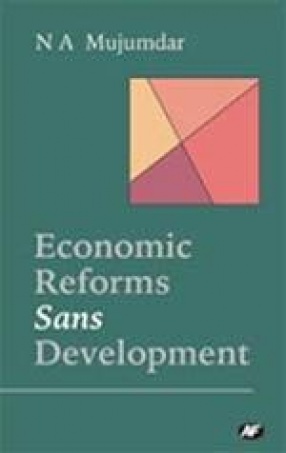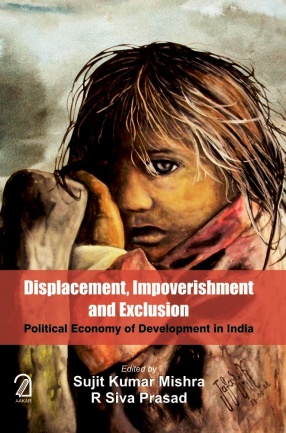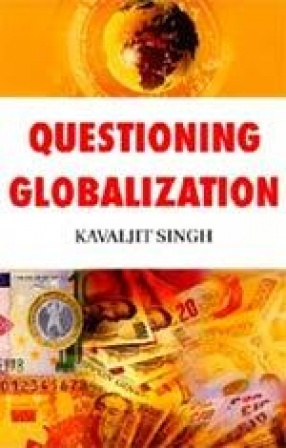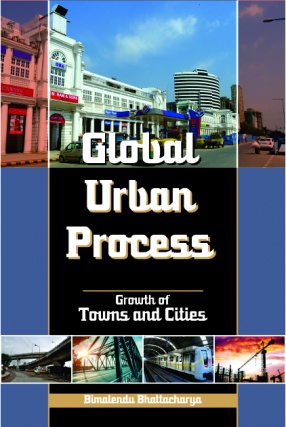The author argues, the emphasis of reforms seems to be on exhibiting the form of the textbook characteristics of a liberalised, and open economy, at the cost of the substance of development : reduce State intervention and involvement in economic activities, usher in market-driven economy abolish all subsidies including food and interest rate subsidies to the poor, and let the poor fend for themselves and so on. In the hierarchy of priorities of contemporary Indian policy makers, for instance, privatisation has gained ascendancy over poverty reduction. Economic reforms have thus become empty rhetorics so far as the attainment of end-objectives of development is concerned. The bunch of 33 selected articles brought together in this book seeks to provide concrete evidence in support of this central theme. The discussion also sketches the broad contours of policy correctives that are needed if the substance of development is to be retained as an important ingredient in the macroeconomic policy mix. The discussion in the book is organised around seven aspects : Macro Prospective of Growth, Monetary and Credit Policies, Banking and Savings, Utilisation of Forex Reserves, Crisis of Capitalism, Fiscal Policies, and Hunger, Poverty and Rural Development.
Displacement, Impoverishment and Exclusion: Political Economy of Development in India
This book is all about the ...
$67.50
$75.00





There are no reviews yet.